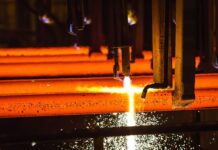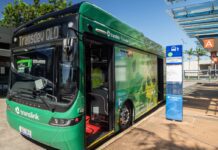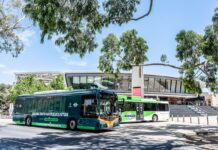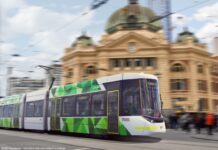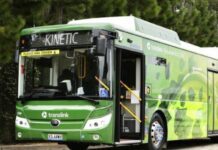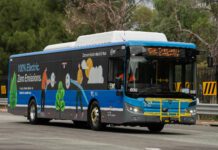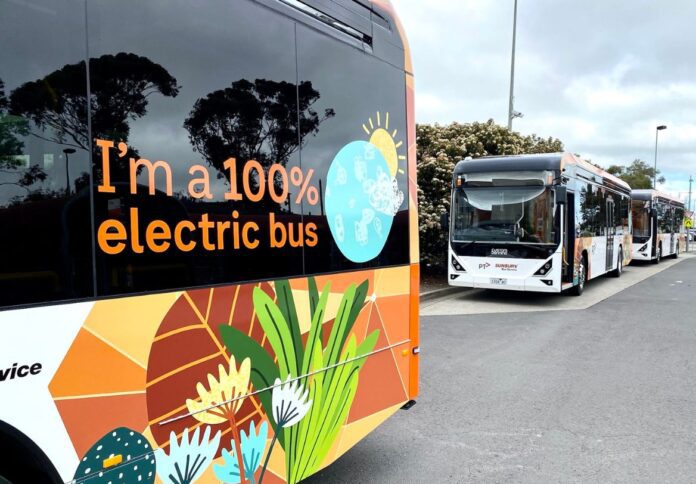
The Victorian Government is spearheading the transition to a greener bus fleet through collaborative efforts with regional operators, initiating industry roundtables to address unique challenges and opportunities in adopting zero-emission buses.
Minister for Public and Active Transport Gabrielle Williams launched the roundtable discussions today in key regional hubs such as Colac, Shepparton, and Morwell.
These sessions provide an invaluable platform for bus operators to delve into the specific challenges and opportunities that shape the final plan for transitioning their fleets to zero emissions, the government said in a news release.
The government had earlier released a Consultation Paper in August, inviting input from bus operators and the industry to support the transition to zero emissions.
This new phase focuses on a more detailed exploration of the local challenges in regional areas as Victoria advances towards a cleaner, greener, and more sustainable bus fleet.
As part of the broader commitment to achieving net zero emissions by 2045, all new public transport buses purchased from 2025 onwards in Victoria will have zero emissions.
The forthcoming Transition Plan will outline Victoria’s proposed approach to this shift, elucidating how the government will support bus operators in preparing for and managing the transition.
Victoria has already taken strides in this direction with a $20 million Zero Emissions Bus (ZEB) trial, offering crucial firsthand insights.
The trial, spanning three years, involves six operators introducing 52 zero-emission buses – 50 electric and two hydrogen – into their fleets across Melbourne, Traralgon, and Seymour, including 2,000 buses in regional Victoria.
The ZEB trial not only informs the smooth transition of nearly 4,500 diesel buses but also generates practical information on depot charging needs, infrastructure requirements, environmental outcomes, customer expectations, and commercial arrangements.
Beyond these benefits, the trial fosters essential local industry partnerships, supporting jobs with energy providers and bus manufacturers necessary for an effective transition.
With regional voices playing a pivotal role in shaping this eco-friendly evolution, Victoria’s zero-emission bus roll-out stands as a testament to the state’s commitment to environmental sustainability, innovation, and community engagement.
Minister Williams emphasised the significance of reducing emissions on the public transport network, stating that it is crucial for Victoria to achieve its ambitious target of net zero emissions by 2045.
”These regional roundtables are another opportunity for government and industry to work together towards ensuring a successful fleet transition as we drive down pollution and remove noisy diesel buses from our public network for good,” the minister concluded.


